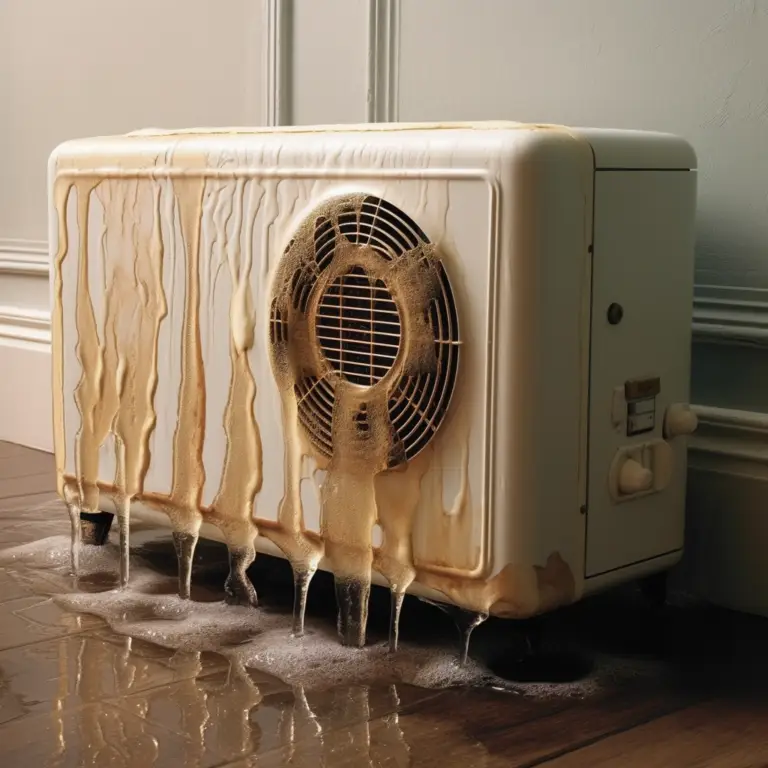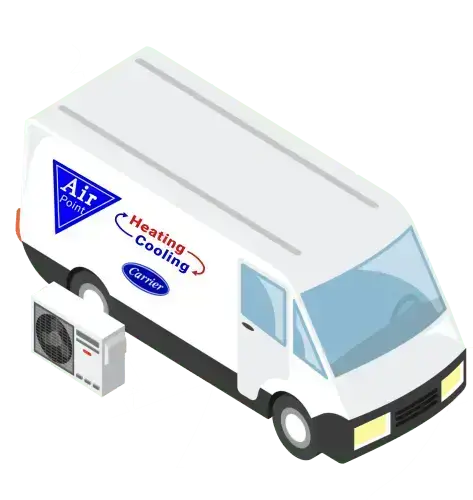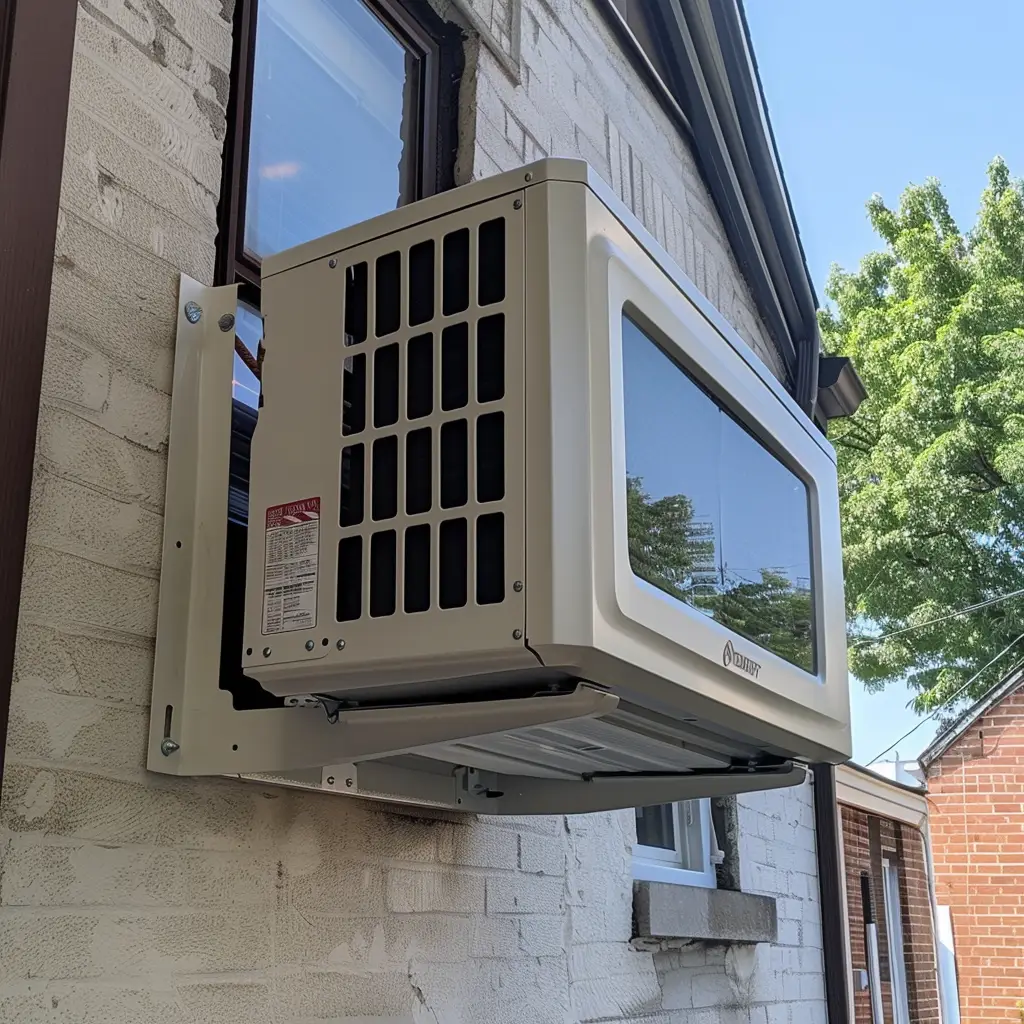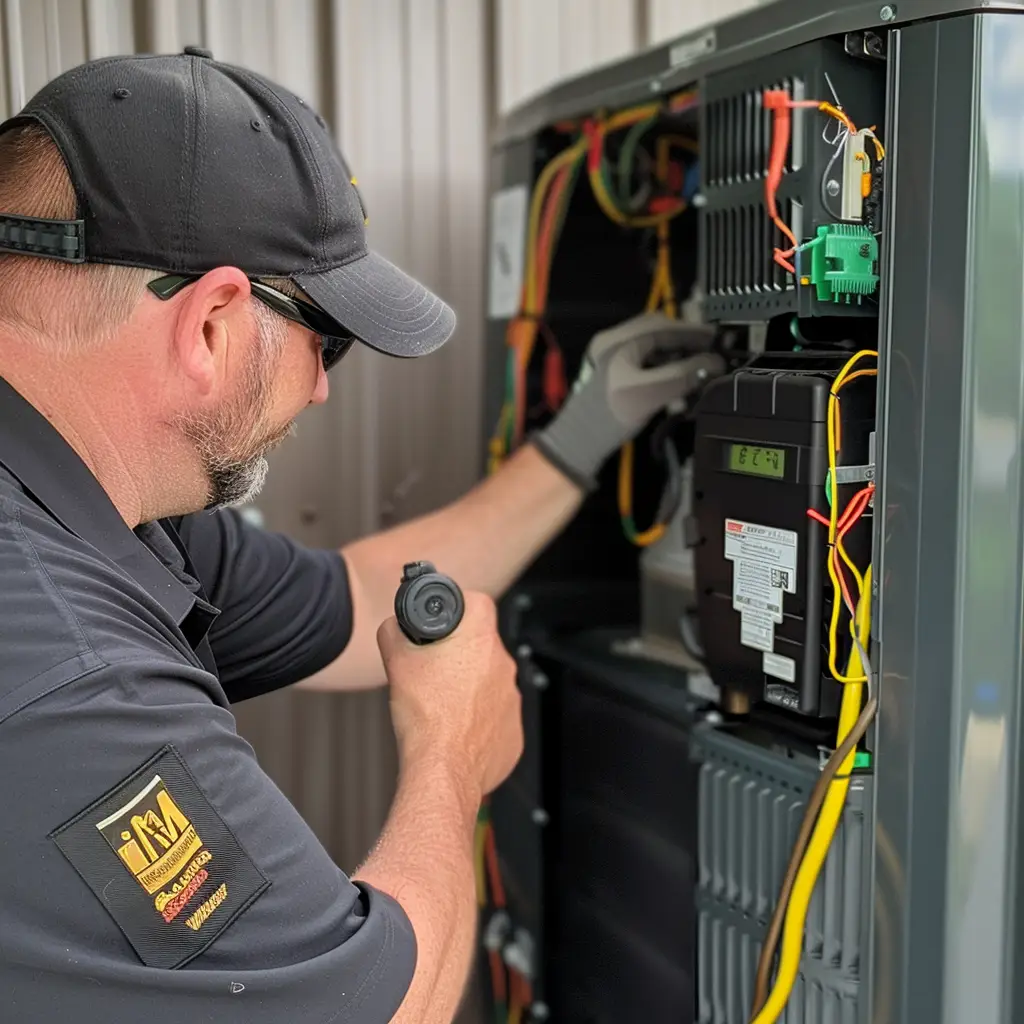Air conditioning (AC) units have become an essential part of our everyday lives, ensuring we stay comfortable regardless of the weather outside. But what happens when your trusty AC starts acting up, dripping water and causing unwanted problems? Understanding why your AC leaks water and learning how to address this issue effectively can save you from hot, uncomfortable days and potential property damage.
The Importance of an Efficient Air Conditioner
An efficiently functioning AC not only keeps you cool but also helps control the humidity level in your home. When it starts to leak water, it might be a sign of a malfunctioning unit, which could lead to reduced performance, higher energy bills, or even damage to your property.
Understanding Your AC: Basic Principles
Before we delve into why your AC might be leaking water, it’s crucial to understand its basic operation.
The Evaporator Coil
Located inside your home, the evaporator coil works by absorbing heat from the indoor air. As the warm air passes over the coil, it condenses the air’s moisture, which drips into a drain pan and exits the unit through the drain line.
The Condenser Coil
The condenser coil, situated in the outdoor unit, releases the collected heat outside your home. These two components work together to cool and dehumidify your home.
Why Your AC Leaks Water: 5 Major Reasons
Dirty Air Filters
Air filters keep your AC’s inner mechanisms clean by trapping dust, dirt, and other debris. When these filters get dirty and clogged, it restricts airflow to the evaporator coil, causing it to freeze. Once the coil thaws, it may lead to excess water that the drain pan can’t handle, resulting in a leak.
Frozen Evaporator Coils
Reduced airflow due to dirty filters or blocked vents can cause the evaporator coil to freeze over. When the coil thaws, it can produce more water than the drain pan can hold, causing your AC to leak water.
Clogged Drain Line
Over time, the AC’s drain line can become clogged with dirt, mold, and algae, preventing water from being drained properly and causing the water to back up and leak from the unit.
Malfunctioning Condensate Pump
If your AC unit is installed in the basement, it likely has a condensate pump to pump the water outside. If this pump malfunctions or breaks, the water won’t be adequately drained, causing leakage.
Incorrect AC Installation
If your AC is not installed properly, it could lead to several issues, including water leakage. An improperly leveled unit may prevent water from draining correctly, causing it to pool and eventually overflow.
Solving the AC Water Leakage Problem
Routine Maintenance
To keep your AC in optimal working condition and prevent water leaks, perform routine maintenance. This includes cleaning and inspecting your AC unit, both inside and outside, regularly.
Checking and Changing Filters Regularly
Check your AC’s air filters regularly. If they are clogged or dirty, replace them promptly to prevent airflow restriction and freezing of the evaporator coil.
Inspecting Coils and Drain Lines
Regularly inspect the evaporator and condenser coils for dirt and blockages. Also, check the drain lines to ensure they are clear and draining properly.
Professional Servicing
While regular maintenance can prevent most AC problems, some issues may need professional servicing. If you can’t identify the cause of the leakage or if the problem persists despite your efforts, it’s best to call in a professional.
To learn how to fix a wall air conditioner leak, watch this video by
Trust AirPoint for Your AC Concerns
Understanding why your AC leaks water and knowing how to address the problem effectively can help prevent discomfort and potential property damage. Regular maintenance, frequent filter changes, and timely professional servicing are key to ensuring your AC operates optimally and keeps your home comfortable.
However, when faced with complex issues that require professional intervention, trust in the expertise of AirPoint, a Carrier factory authorized dealer and NATE certified company in Toronto. As the recipient of HomeStars Best of the Best 2023 and holder of a 5-star rating on both Google and HomeStars, our commitment to excellence is clear. With our technicians fully certified by TSSA, HRAI, and CSA, your AC concerns are in safe and skilled hands.
Frequently Asked Questions about AC Leakage
What is the most common cause of AC water leaks?
Dirty or clogged air filters are the most common cause of AC water leaks as they can lead to frozen evaporator coils.
Can I fix a leaking AC unit myself?
It depends on the cause of the leak. While you can handle regular maintenance and simple fixes, serious issues may require a professional's expertise.
How often should I replace my AC filters?
It's recommended to check your AC filters monthly and replace them every 90 days, or sooner if they are dirty or clogged.
How often should my AC unit be professionally serviced?
Generally, AC units should be professionally serviced once a year to ensure they are operating efficiently.
Can a leaking AC lead to other problems?
Yes, a leaking AC can lead to higher energy bills, reduced AC performance, and potential damage to your property from water leakage.





